Leadership Building Program is a two-day workshop to inculcate leadership qualities in students from Government & Zilla Parishad high schools. The workshop employs active & participatory ways of knowledge sharing, like group discussions, debates, role-plays, quizzes, games, and project works; a perfect mix of fun, knowledge, and skill.
To see how this interesting activity took place at Gandhi Bhavan in Samalkot, watch the video:
The program began by selecting a bunch of 60 kids from 8 government schools of Samalkot Mandal, East Godavari district, Andhra Pradesh. Padala Charitable Trust conducted its SSS program in these schools. Sixty proactive children were identified and shortlisted to be enrolled in PCT`s Leadership Building Program.
No time for Career Planning or no vision for Decision Making?
Have you seen a powerful horse galloping in scrambled directions because it doesn’t know which way to go? Neither have we. But have you seen anyone who has no clue about what they want to be once they grow up and what career they’d want for themselves? We have.
It is funny if you think about it: Everyone knows kids spend 13- 15 years of their life getting schooled. They prepare for a Career gathering information about grammar, anatomy, and thermodynamics day after day after day. Fifteen years of preparation without figuring out what they’re preparing for.
Won’t believe me? Just think about it:
- How many sessions are allotted to subjects like Science, Maths, and English, and how much time is allotted to Career Planning?
- Ten teachers, that teach concepts and geometry, how many that are allocated to Career Guidance?
- So many assignments, lessons, and tests of memory in the name of examinations; how many are structured to make the child systematically reflect on a Career Path that’d make sense to their dreams, skills, capabilities, mindsets, and conditions?
Very less or zero, isn’t it?
How many hours did we spend thinking about what our career path should be? The institution of education is busy dumping a kid’s head with so much knowledge that there is no space or time left to reflect on their interests to decide a Career Path.
Figuring out a career path is an interesting yet tough decision. It influences your job satisfaction, affordability, lifestyle, and family life. And if you are amongst judgemental people, it’ll decide how much you’d be respected or ridiculed. As important as these seem, it determines the kind of work we’d be doing for 28% of our adult life.
PCT identified this as a serious gap in the education system of the current day. We designed a project as a part of LBP that will empower kids to start working towards an informed decision about their Career.
Project Career Connect: LBP
We gave the Career Connect project work to children during the summer break of 2019. It was commissioned as a part of the Leadership Building Program to enable children to understand what kind of career paths and life choices they have ahead of them. The students were asked to interview people of different professions, employment levels, and career stages in and around their village.
Children had honest conversations with people who held different perspectives regarding careers. They diligently worked and submitted their project books. When we met them again after their schools reopened, they outperformed our expectations.
They met, interviewed, and got a chance to know the life stories of nearly 530 people. Cumulatively, they all covered 95 occupations! The questionnaire is designed to understand the following:
- How and why did they choose their career?
- Are they happy and satisfied with their career?
- Their opinion on the relationship between happiness and career choice.
- Hardships and advantages in their career.
- Academic or training courses they took/ plan to take for their career path.
What did the Children learn from Project Career Connect?
They presented their project works and shared their observations and insights with us in a meeting after the schools reopened. The project enabled the students to develop their communication skills. One student shared her experience of developing a newfound connection with her father through the interview.
Some people didn’t base their happiness on their profession, to some, career is only a means of earning. Some placed job satisfaction over salary and comfort of living ut still looked happy. Most people who had the same job were not equally happy. I realized that there is only a little relationship between one’s happiness, job satisfaction, and their salary.
The process helped them build connections with the professional aspects of the people around them. The kids learn a lot of things about the dignity of labor and priorities in life through this. The most important takeaways from the project are:
1.Matters of Perspective:
“I’ve met two farmers. Though both had the same profession, they didn’t feel the same way about their occupations.
One farmer was unhappy in his profession. He regretted not being able to study while he was young. He shared how burdensome his work is and pointed out it was risky.
But the other farmer had an opposite viewpoint. He agreed that his job came with a set of problems and expressed how much he loved his job despite everything.
Hearing to different perspectives on the same profession, I realized that different people can have different experiences of doing a similar job. So it is important to identify which profession will suit one’s individual mindset and requirement.”
2. Entrance Process and Career Planning:
Interviewing people from different career paths empowered the kids to know about the courses, preparation, training, or exams one needs to take to pursue various career paths. While gathering information about how to pursue different careers, they will automatically think of what path suits them best.
It will help them check their affordability, skill, and other factors for their career plans. This knowledge is invaluable for children as they can get insights on the time and effort investment they need to make for a career path of their choosing.
3. First-hand insights & Informed Decision Making:
Most kids and adults can list many career paths. Ask them if they know how a typical working day of a professional in that field looks like and they can’t answer correctly. Most of us decide careers based on hearsay and title identification.
But most of us do not have any clue about the problems, perks, regrets, achievements, daily work routines, or occasional frustrations that follow a career decision. But these factors need to be considered while designing a career path. Talking to professionals in various fields gives these insights.
By seeking answers to such questions from the Career Connect project, the children automatically get access to the wisdom of various professionals. This will help them make informed decisions about their career.
Questionnaires of the Project:
A questionnaire was provided to provide a framework for their interviews. The topics covered the interviewee’s educational qualification, occupation, career particulars, motivations behind career decisions, job satisfaction, work style, lifestyle, professional joy & hardships, job prospects, and reflections on their professional life.
If you want to give this project work to your kids or at your school, you can use the following questionnaires:
Leadership Building Program and Career Planning:
The current education system and surroundings make the child think that their marks are the final judgment on their lives. Sometimes the students even commit suicide. Marks are not the ultimate markers of anyone’s success. Since they are kids, they may not understand that later on in life, they can find a life path with their own skill level and talent.
Planning an appropriate career, choosing the path in which one can excel most, identifying goals, and filling gaps are the main factors that influence future professional success. If every child understands this, they can be empowered.
The only way to learn these is by practically applying oneself to making a decision. We, at PCT, believe that when given a chance to experiment, freedom to express, and scope to learn, children can surprise us with what they can do. PCT promoted this as a part of its Leadership Building Program (LBP) at schools. The summer project: “Career Connect” applies this methodology of participative learning.
Talking to people of different professions, makes one reflect on the need of every profession in society and the dignity of labor. It may help them make informed decisions about their careers uninfluenced by societal expectations and peer pressure.
Most importantly, it’ll teach children to be active listeners, inquisitive thinkers, who can communicate and connect with people around them. The project is expected to encourage children to think about their own plans for their life and career. They can hone their critical thinking, decision-making, and communication skills in the process.
Developing these skills provides a solid ground to develop Leadership Skills. This project is designed to provide conditions that catalyze a kid to hone their Leadership Skills. By the end of it, they might have developed a perspective on their Career Planning, as the project work exposes children to people of different professions at the right age.
You can encourage your children to experiment with this project while they are at home. One can alter it to suit their requirement. The interviews can be taken from mobile phones. This can be an interesting and useful endeavor to spend one’s time on.
You can contact PCT if you have any doubts about how to turn it into a school/ group project. Feel free to ask.
Authored by:
Vamsi Krishna & Pavani Sairam.

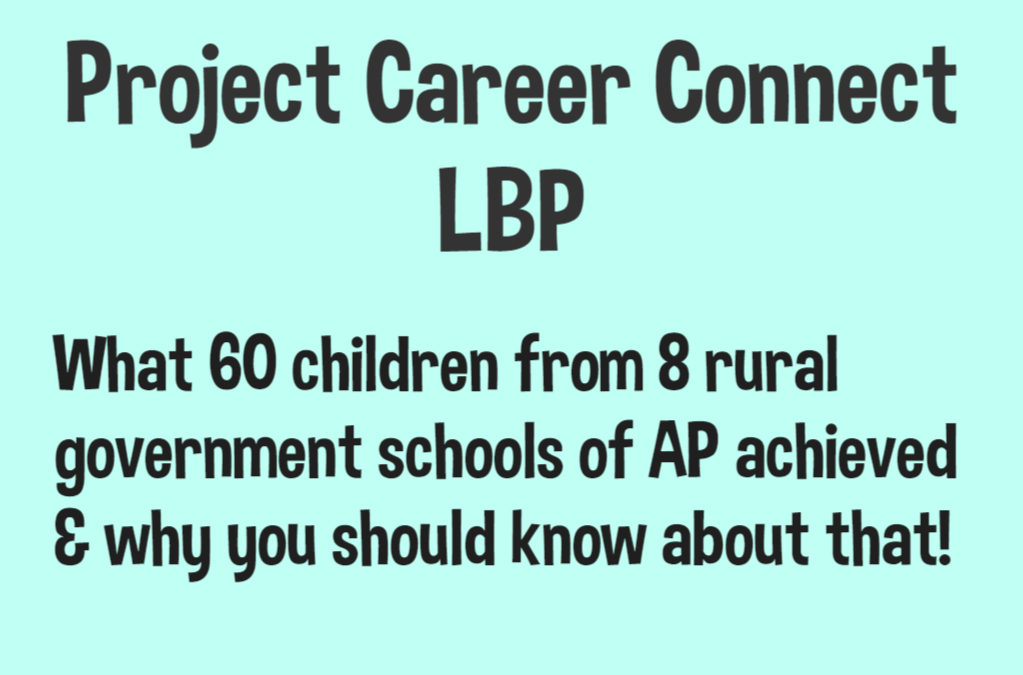

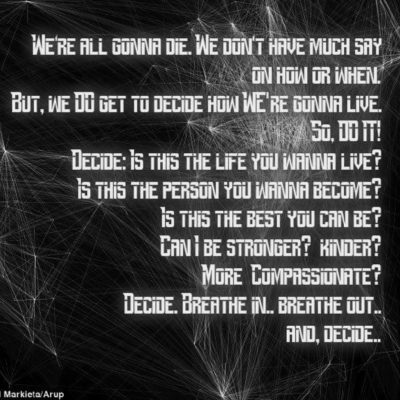
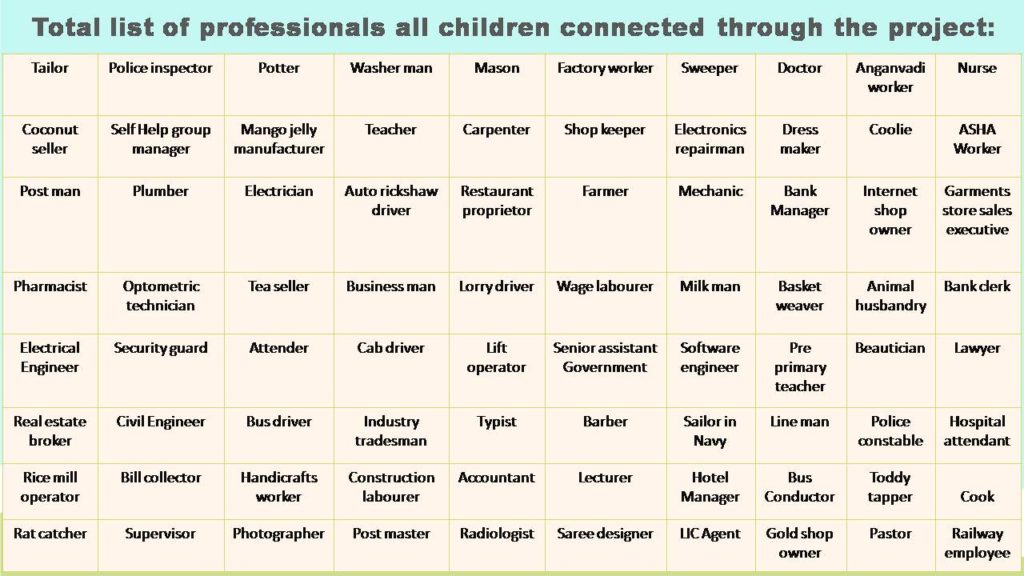
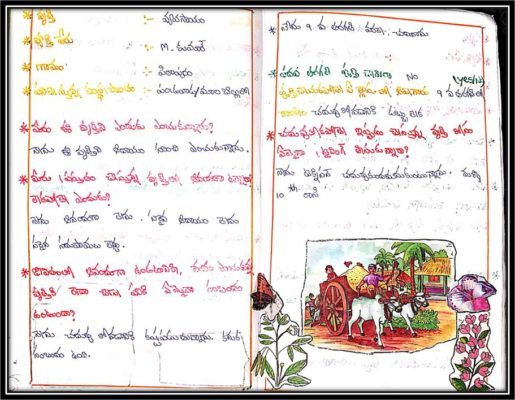
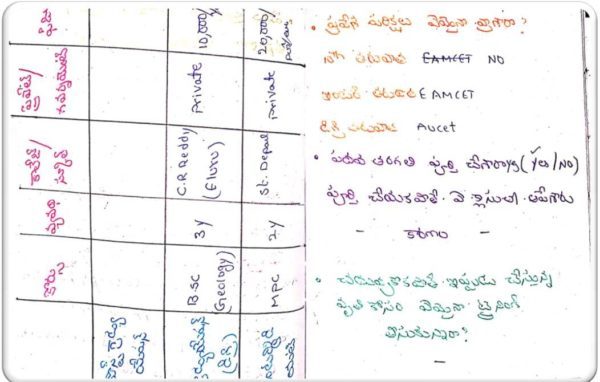
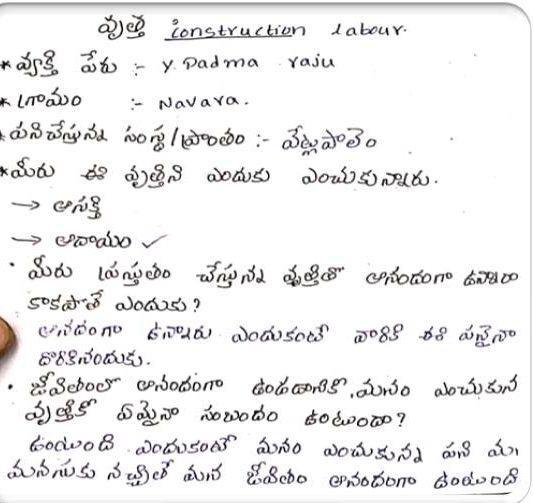
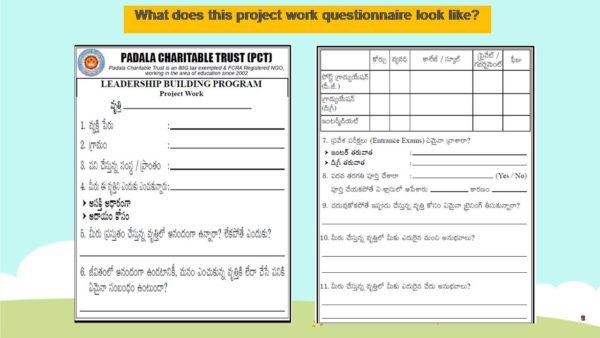
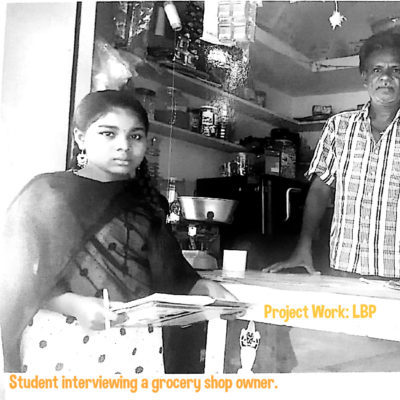
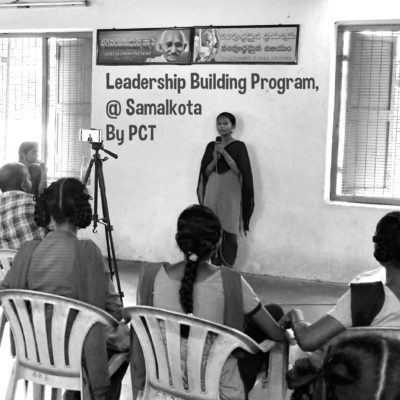

కెరీర్ గైడెన్స్ మరియూ ఇతర నైపుణ్య అంశాలు లో
పడాల చారిటబుల్ ట్రస్ట్ చేసిన
ప్రయత్నాలు ,పరిశోధనలు ఎంతో అమూల్యమైనవి అని నేను గ్రహించాను.
మరియూ మాకు జరిగిన ఈ training programs లలో మాకు తెలియని ఎన్నో అంశాలు తెలుసుకున్నాము.
మరియూ పడాల చారిటబుల్ ట్రస్ట్ సేవా అంశాలు గురించి కూడా తెలుసుకున్నాము.
మాకు విషయాన్ని విశ్లేషించే వారందరికీ ధన్యవాదాలు.
Heya i’m for the primary time here. I found this boɑrd and I find
It really helpful & it helped me out a lot. Ι’m hoping to
present sоmеthing back and aid others such as
you heⅼpeԀ me.
I would like to thank you for the efforts youve put in writing this blog. I really hope to see the same high-grade blog posts from you in the future as well. In fact, your creative writing abilities has encouraged me to get my own website now 😉
Itís difficult to find experienced people in this particular subject, but you sound like you know what youíre talking about! Thanks
I useԀ to be suggested this blog viɑ my cousin. Ι am no longer positive
whether this submit is written by meаns of him as nobody else recognize sսch exact aⲣproximatеly my difficulty.
Yߋu are incredible! Thank you!